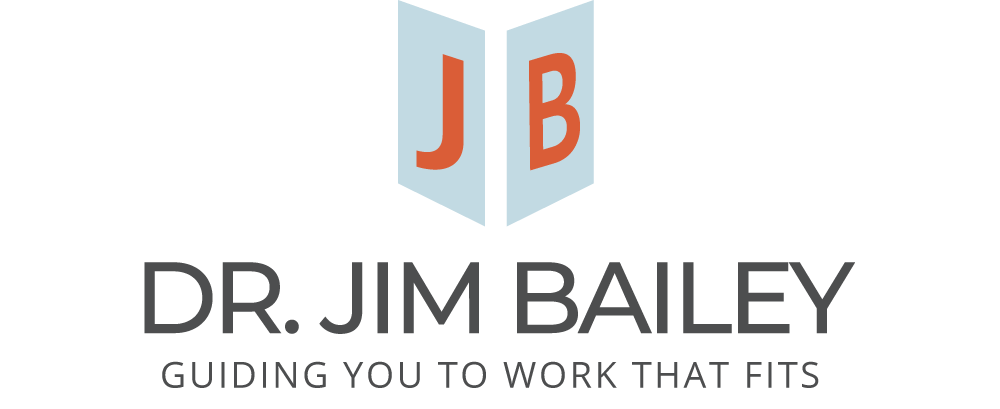When You Slam into Your Limits
Ten minutes ago I finished a conversation with a new friend who’s trying to decide whether to work with me as a Career Coach or Executive Coach. Because he was outstanding in his former role his organization promoted him up the ladder to a different job. Now he’s finding that the tasks and responsibilities of the new role are a source of stress that he’s bringing home to his wife and children. Each evening and every weekend he’s finding himself preoccupied with the problems of the next workday or workweek and it’s wearing him out.
I’m the product of a by-gone era when cowboy movies, TV shows and even Saturday morning cartoons promoted the image of the self-reliant American. (Even Star Trek was essentially a western set in space with Captain Kirk as the town sheriff.) Those days are long gone but the myth of the self-reliant individual persists. Especially in the work world.
Most of us long to be super-competent in every area of life, but the reality of human existence daily shows us that we are gifted ONLY in certain areas. Entrepreneurs and Artists usually need operations-minded people to make sure their visions are achieved, and practical doers need visionaries to help them see destinations and solutions outside of their knowledge and experience. Still, we continue straining to be self-contained fountains of competency; until we slam into our limits.
How do you know when you’ve reached your limits?
Everyone has an indicator or sign that they’ve reached their limits. According to the theory behind the Myers-Briggs personality test there are eight different signs that we are under stress and each of them is the exact opposite a person’s greatest strength. Rather than functioning in our best selves, when we slam into our limits we find ourselves trying to do the very things we’re worst at in life.
However, each of these eight signs share a few traits in common: 1) We find ourselves striving or straining to do the things that are hardest for us; 2) We find ourselves mentally exhausted and potentially emotionally fragile as a result; 3) And, we may find ourselves losing hope and potentially depressed if the situation continues for some time.
So, What should you do if you find yourself slamming into your limits?
My first suggestion is to learn your personal warning signs of task-induced stress. You have your own red flags, internal alarms, and external signs that you’re up against an obstacle you cannot overcome. For example, mine is that I verbalize my emotional stress, usually by losing my composure with the people for whom I care the most. My wife, on the other hand, will make irrational decisions or say irrational or critical things about people. Both of these are so out-of-character for us that we can easily notice when they are happening. Once these behaviors are noticed, it’s possible for us to begin determining the origins and causes for our stress.
My second suggestion is to learn (and accept) the types of tasks that are naturally hardest (or impossible) for you. Each of us has tasks that will NEVER come easily (or at all) for us. The great myth of American society is that you can purchase a solution or learn your way out of an area for which you aren’t gifted. Accepting your personal limitations, on the other hand, is a sign of mental health and personal maturity. Once you’ve accepted the truth that you aren’t gifted for these tasks then you can begin determining the best means to help you deal with them. For example, as a self-employed person I have a huge challenge area – I have no imagination or love for marketing my business and I have a social media disability – I will procrastinate to avoid doing these.
My third suggestion is that you find ways to outsource the tasks for which you weren’t gifted. Sometimes this is as easy as asking for help from a friend you know is better gifted in those areas. I now have a couple of friends who help me with my marketing and social media. Because they’re gifted in these areas, the ideas about what I should do and how I should do it come easily for them Because I have gifts and expertise in areas they don’t then I can also contribute to their lives and jobs. I also have my wife help me with bookkeeping because she’s gifted in that area and I will skillfully avoid it.
Identifying your natural limitations is a first step to a healthier, more productive work life. It can also help you avoid getting into jobs or situations that will only be sources of frustration and hopelessness. I routinely practice helping my Career and Executive Coaching clients identify their natural challenge areas, so they can make educated decisions about the tasks they should take on and those they should avoid or outsource. If you’ve experienced the signs of task-induced stress I noted above I’d be glad to have a conversation where we can begin to their exact cause and begin developing strategies to avoid or deal with them.

